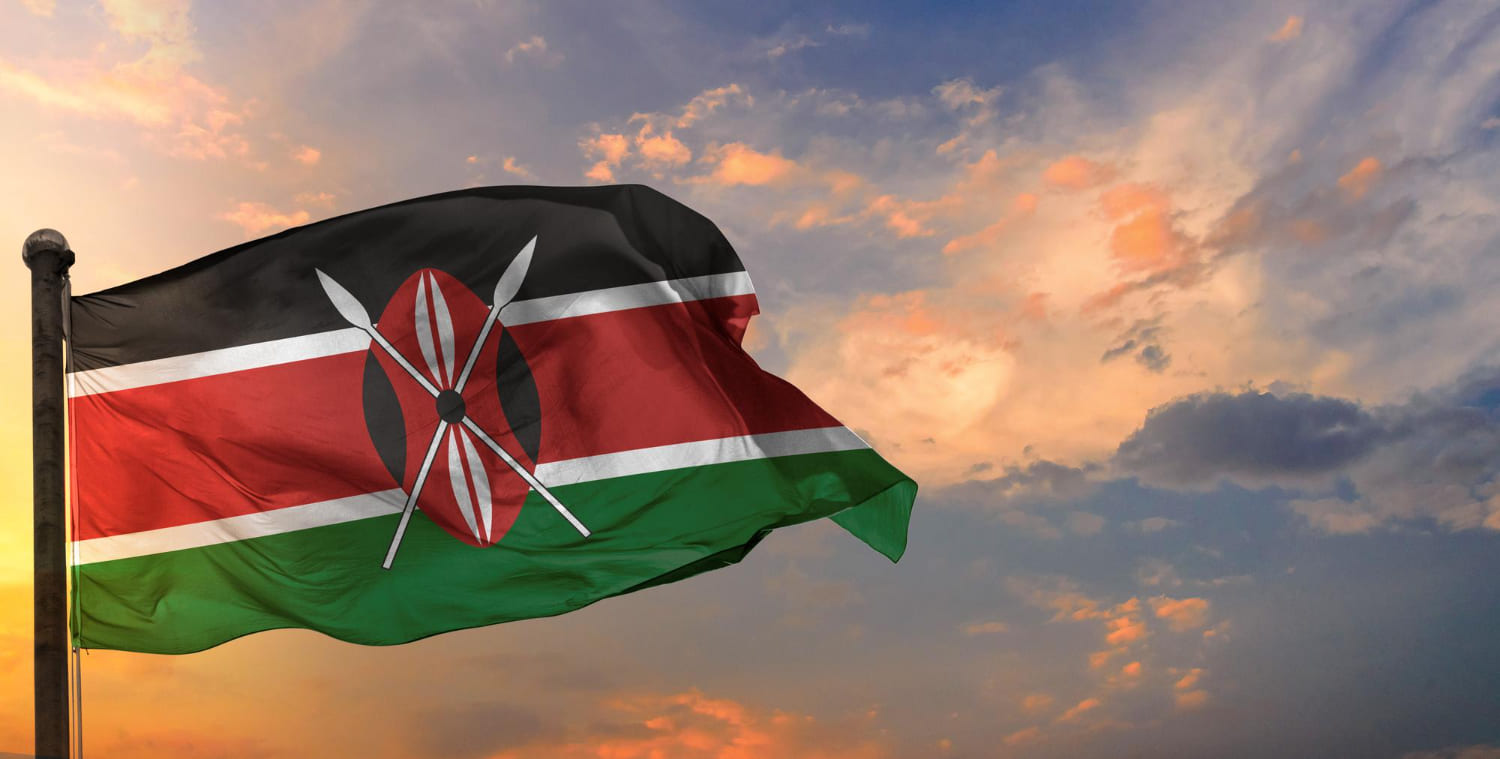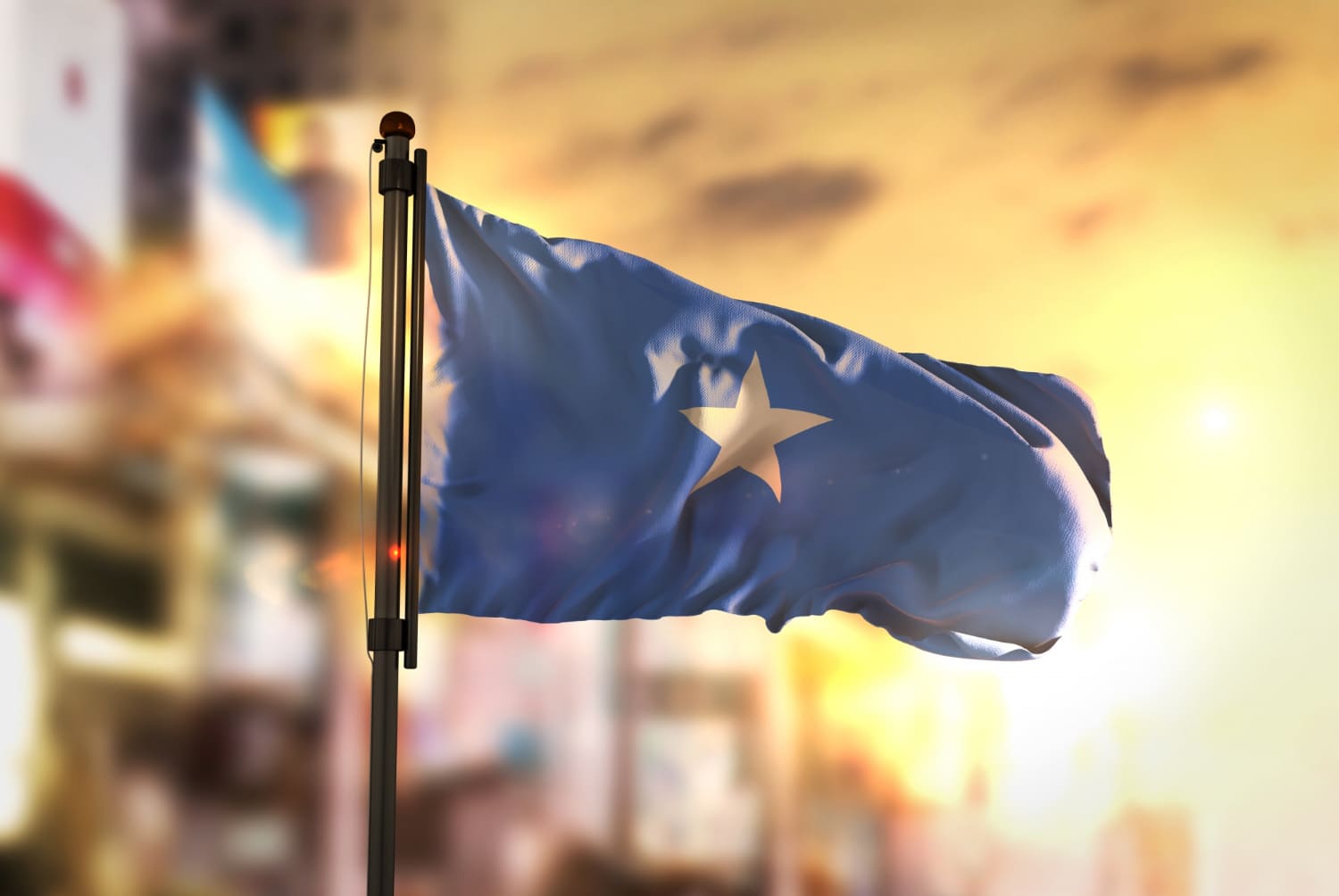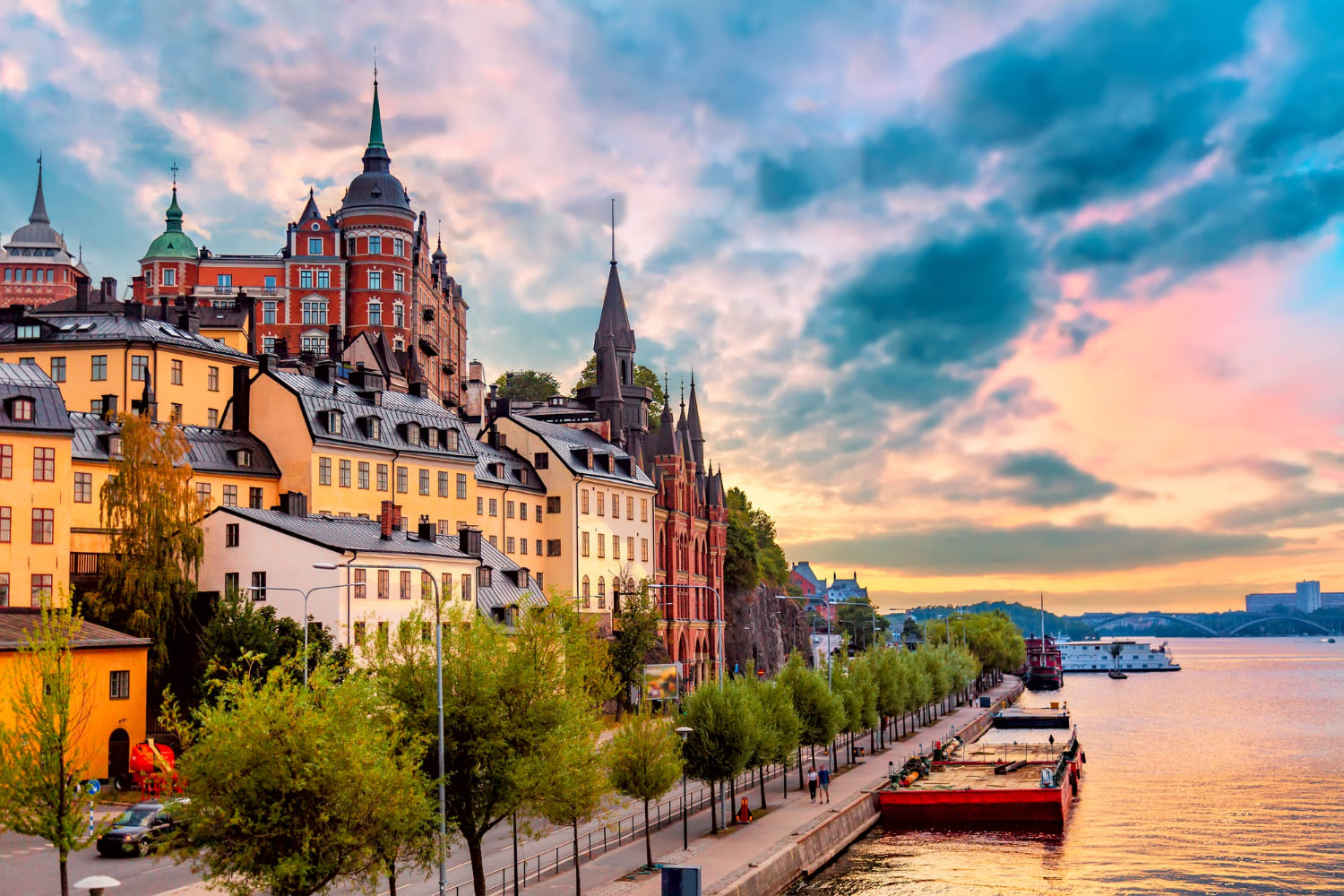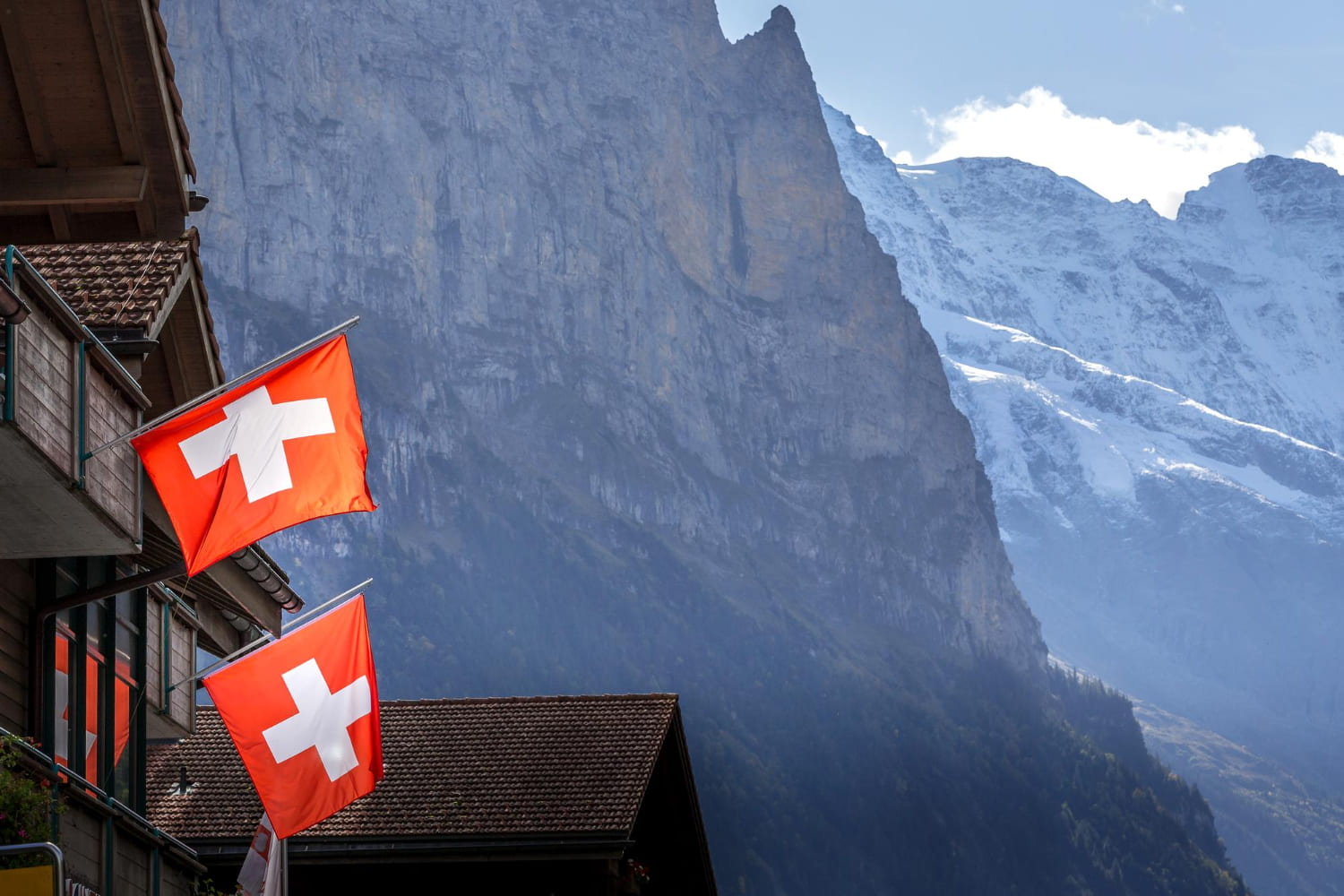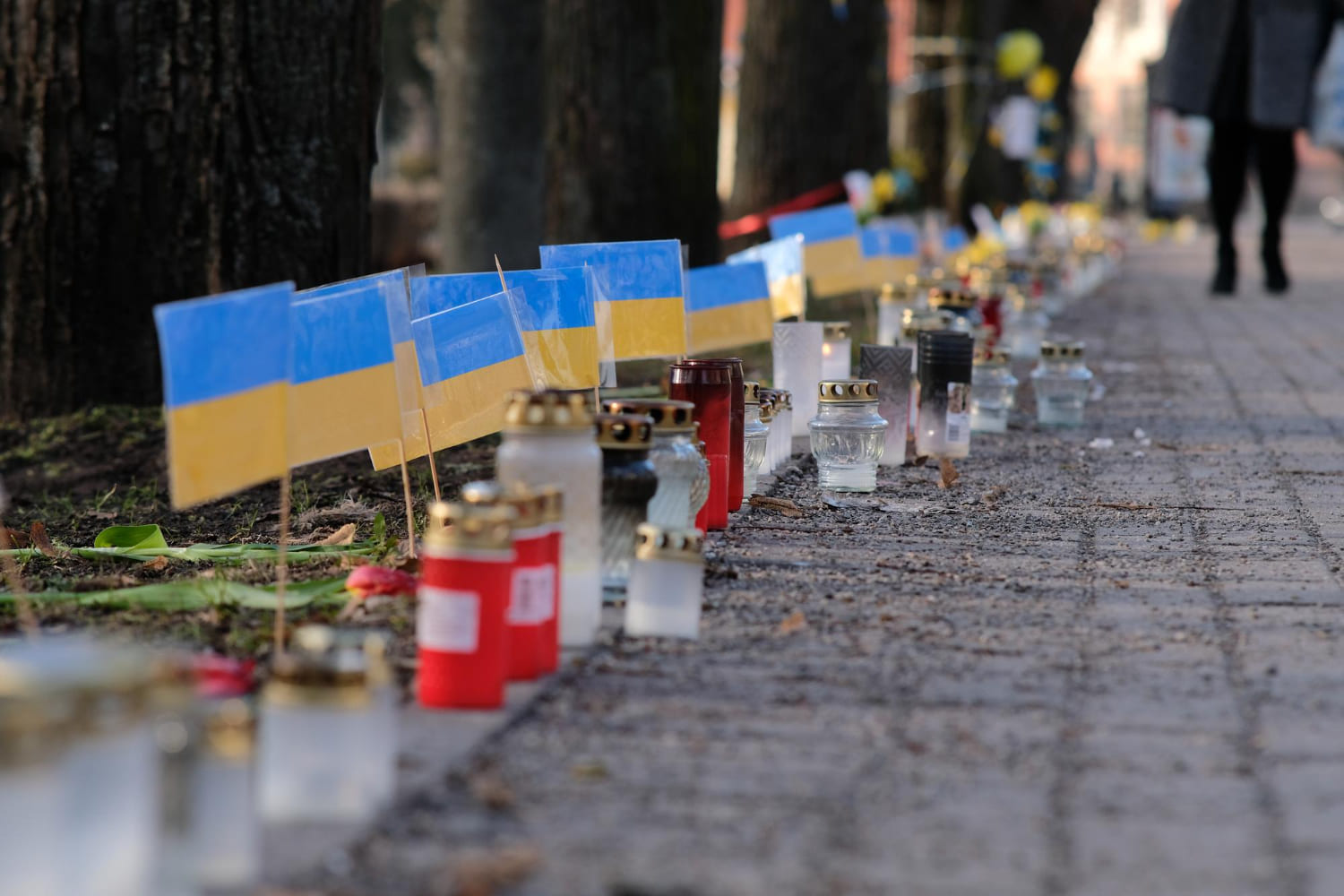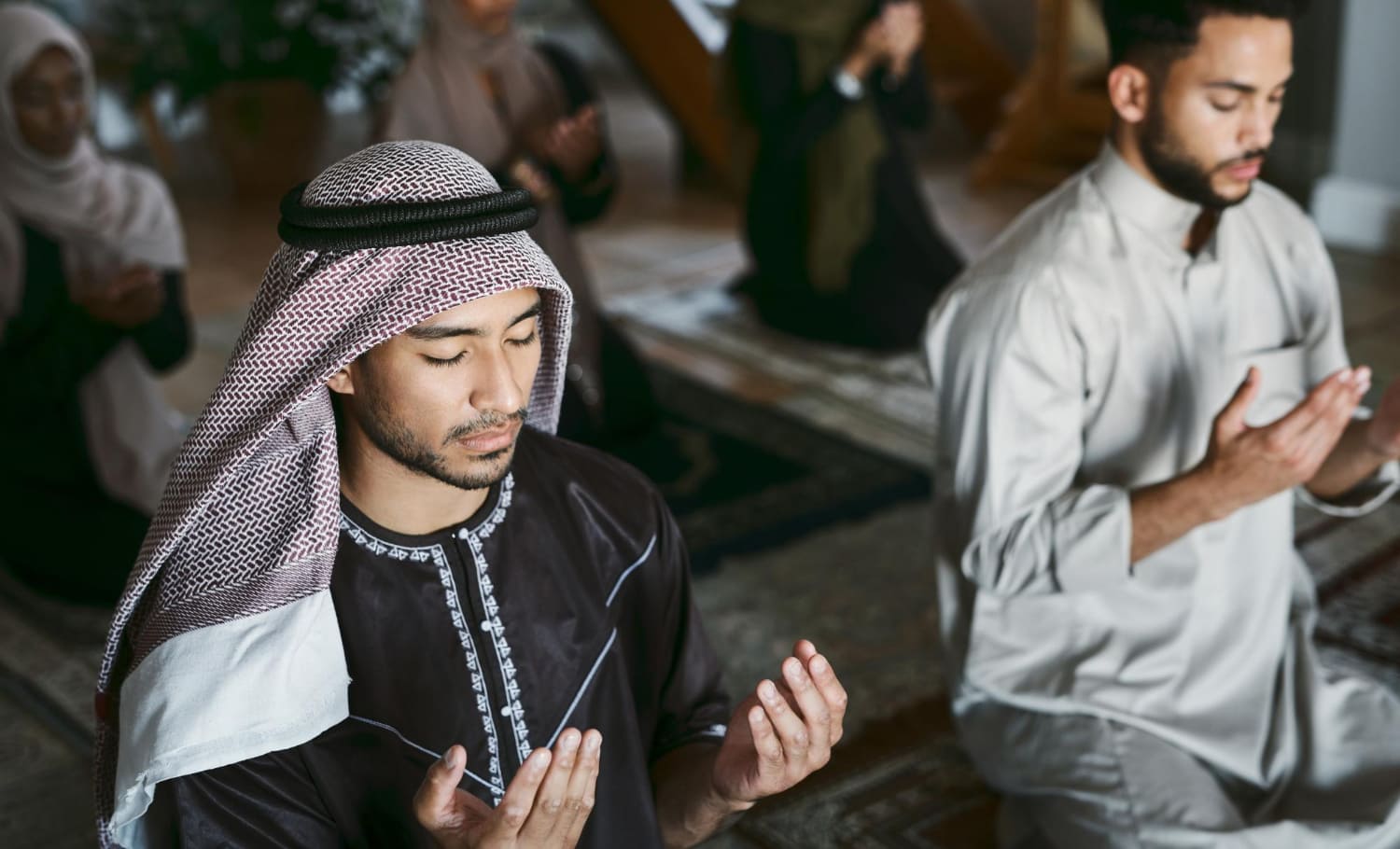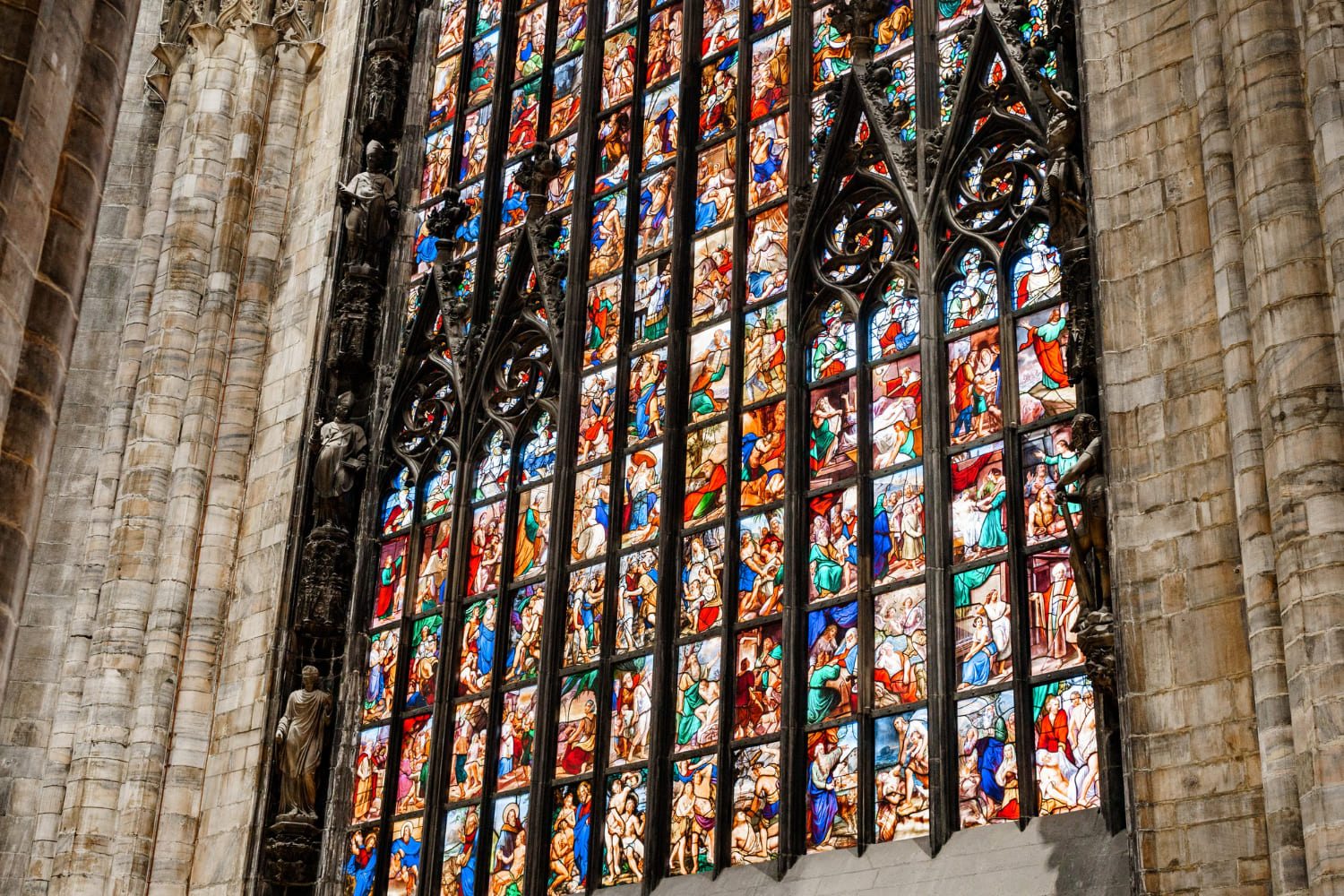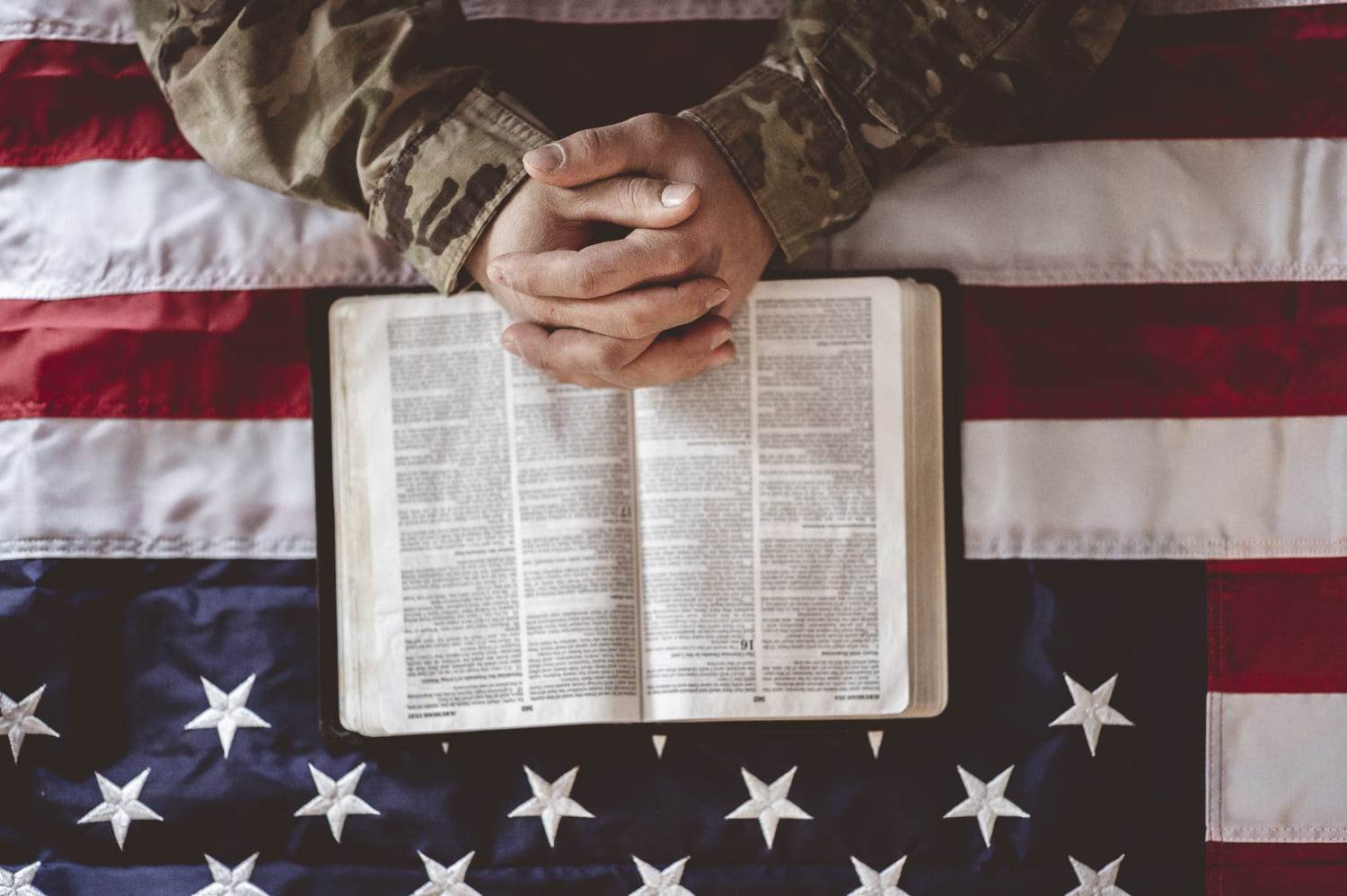Venezuela is a country located on the northern coast of South America. It is a multicultural country with a rich history and diverse religious beliefs.
Religion in Venezuela is a blend of indigenous, African, and European traditions, with Christianity being the dominant religion.

According to a survey carried out between October and December of 2020, Roman Catholicism is the most common religion affiliation in Venezuela, with 63.6% of the population identifying as Catholic.
Other Christian denominations, such as Protestantism, make up around 2% of the population. In addition, there are smaller religious groups, including Islam, Buddhism, and Judaism, which together make up around 3% of the population.
In this article, we will provide a full list of religions in Venezuela, along with statistics on their adherents.
We will explore the history of religion in Venezuela, the role of religion in society, and the challenges faced by religious minorities.
Whether you are interested in the religious landscape of Venezuela or are planning to visit the country, this article will provide you with a comprehensive overview of the diverse religious beliefs and practices in Venezuela.
- Overview of Religions in Venezuela
- Historical Context
- Major Religions
- Minority Religions and Beliefs
- Religious Demographics and Statistics
- Population Distribution by Religion
- Trends and Changes
- Impact of Religion on Venezuelan Society
- Religion and Politics
- Religious Festivals and Public Life
- Interfaith Relations
- Legal Framework and Religious Freedom
- Constitutional Provisions
- Religious Education
- Challenges to Religious Freedom
Overview of Religions in Venezuela

Historical Context
Venezuela has a long history of religious diversity. The influence of the Catholic Church was introduced during colonization by Spain.
However, throughout the years, the country has experienced a significant shift in religious beliefs.
According to a 2011 poll by GIS XXI, 88 percent of the population is Christian, primarily Roman Catholic (71%), and the remaining 17 percent Protestant, primarily Evangelicals. The Venezuelans without religion are 8% (atheist 2% and agnostic or non-religious 6%).
Major Religions
Catholicism is the dominant religion in Venezuela, with the majority of the population identifying as Roman Catholic.
The Catholic Church has a significant impact on the country’s culture and traditions. The Church’s influence is evident in various aspects of Venezuelan life, including politics and education.
Protestantism is the second-largest religion in Venezuela. The Protestant community is diverse, with various denominations, including Evangelicals, Pentecostals, and Seventh-day Adventists.
The Protestant community has experienced significant growth in recent years, with many Venezuelans converting from Catholicism.
Minority Religions and Beliefs
Other minority religions practiced in Venezuela include Islam, Buddhism, and Judaism. Together, they make up around 3% of the population.
Islam is practiced by 95,000 people of Syrian and Lebanese descent. Buddhism is practiced by 52,000 people of mainly Chinese, Japanese, and Korean descent.
In conclusion, Venezuela is a country with a rich history of religious diversity. The majority of the population identifies as Roman Catholic, with a significant Protestant community.
While other minority religions are present, they make up a small percentage of the population.
Religious Demographics and Statistics
Population Distribution by Religion
According to a survey carried out between October and December of 2020, Roman Catholicism is the most common religion affiliation in Venezuela, with 63.6% of the population identifying as Catholic.
The U.S. government estimates that 96% of the population is Catholic based on the most recent available official statistics.
However, the growth of evangelical Protestant and nonbeliever communities is likely to have reduced this percentage.
Protestantism is the second most common religion in Venezuela, with various denominations represented, including Pentecostalism, Adventism, and the Baptist Church.
Other religious groups in the country include the Jehovah’s Witnesses, The Church of Jesus Christ of Latter-day Saints, and the Eastern Orthodox Church.
Trends and Changes
The religious landscape in Venezuela has undergone significant changes in recent years.
The country has experienced a rise in evangelical Protestantism, which has been attributed to the economic and political crisis that began in the late 1990s.
The growth of evangelical Protestantism has been particularly significant in urban areas, where megachurches have emerged as a prominent feature of the religious landscape.
In addition to the rise of evangelical Protestantism, there has also been an increase in the number of Venezuelans who identify as nonbelievers.
This trend has been attributed to the country’s economic and political crisis, which has led many Venezuelans to question their faith.
Overall, the religious landscape in Venezuela is diverse, with a range of religious groups represented.
While Catholicism remains the dominant religion in the country, the rise of evangelical Protestantism and the increase in the number of nonbelievers suggest that the religious landscape in Venezuela is undergoing significant changes.
Impact of Religion on Venezuelan Society
Religion and Politics
Religion plays a significant role in Venezuelan politics. The country’s constitution guarantees freedom of religion and prohibits discrimination based on religion.
However, the government has been accused of favoring certain religious groups over others.
For example, during the presidency of Hugo Chavez, the government was accused of discriminating against the Catholic Church, which was seen as critical of his policies.
On the other hand, some religious groups, such as the Evangelical Protestants, have been accused of supporting the government.
Religious Festivals and Public Life
Venezuela has a rich cultural heritage that is reflected in its many religious festivals. These festivals are an important part of the country’s public life and are celebrated by people of all religions.
Some of the most popular festivals include the Feast of the Virgin of Coromoto, the Feast of the Immaculate Conception, and the Feast of the Divine Shepherdess.
These festivals are marked by parades, processions, and other public events.
Interfaith Relations
Venezuela is a diverse country with many different religious groups. Despite this diversity, interfaith relations are generally good.
There is a high degree of religious tolerance, and there is little interreligious conflict.
However, there have been some incidents of discrimination against religious minorities, such as the Jewish community.
The government has taken steps to address these issues, such as establishing an interfaith forum to promote dialogue and understanding between different religious groups.
In conclusion, religion has a significant impact on Venezuelan society. It plays a role in politics, public life, and interfaith relations.
While there are some issues of discrimination and favoritism, overall, there is a high degree of religious tolerance and respect for different beliefs.
Legal Framework and Religious Freedom
Constitutional Provisions
The Constitution of the Bolivarian Republic of Venezuela guarantees freedom of religion and worship as long as it does not violate morality, morals, and public order.
The constitution provides for freedom of religion on the condition that the practice of a religion does not violate public morality, decency, or public order.
The constitution recognizes the independence of churches and religious denominations.
It also recognizes the right of parents to choose, according to their convictions, the religious education of their children.
Religious Education
The government-funded education system in Venezuela provides religious education in public schools.
The Catholic Church is the dominant religious institution in Venezuela, and the government has a concordat with the Holy See that governs relations between the government and the Catholic Church.
The concordat provides for government funding for Catholic Church-run schools.
Challenges to Religious Freedom
The U.S. Department of State’s International Religious Freedom Report for Venezuela notes that the government has restricted religious freedom in various ways.
For example, the government has reportedly harassed and intimidated religious leaders who have been critical of government policies.
Additionally, the government has reportedly used the courts to limit the activities of religious groups that are not aligned with the government.
Furthermore, the government has reportedly used the media to discredit religious groups that are critical of the government.
Despite these challenges, religious freedom is still guaranteed by the Venezuelan constitution.
The government has also taken steps to protect religious freedom, such as providing funding for Catholic Church-run schools.
However, the government’s restrictions on religious freedom remain a concern for some religious groups and human rights organizations.
